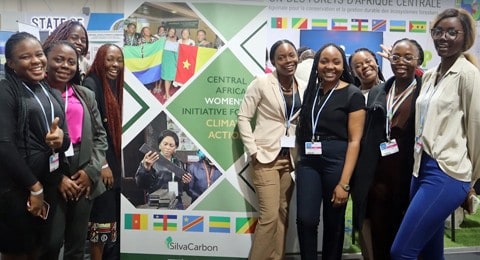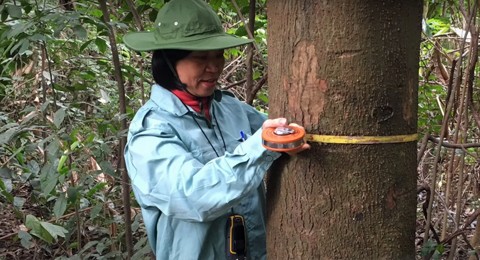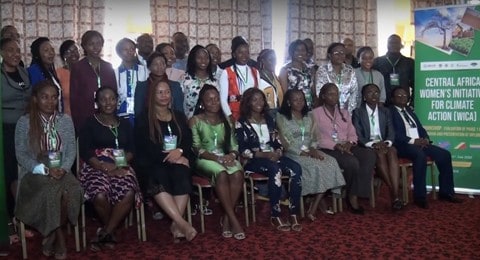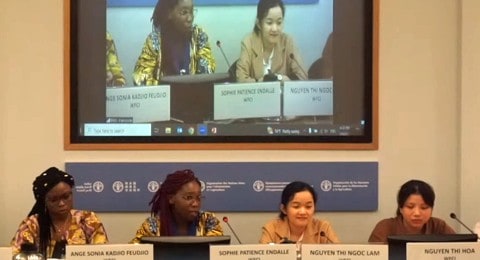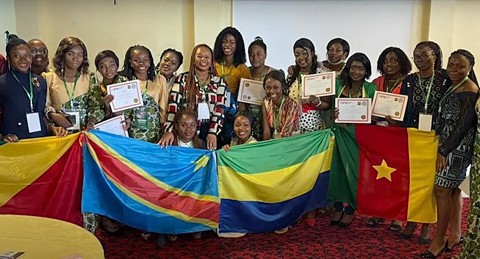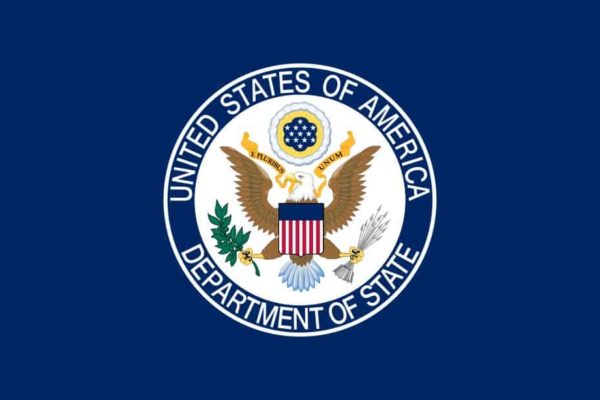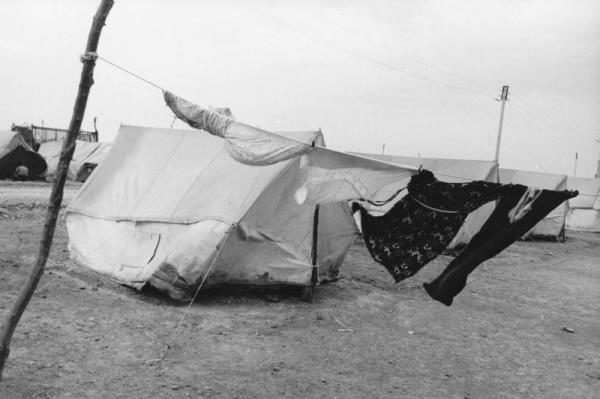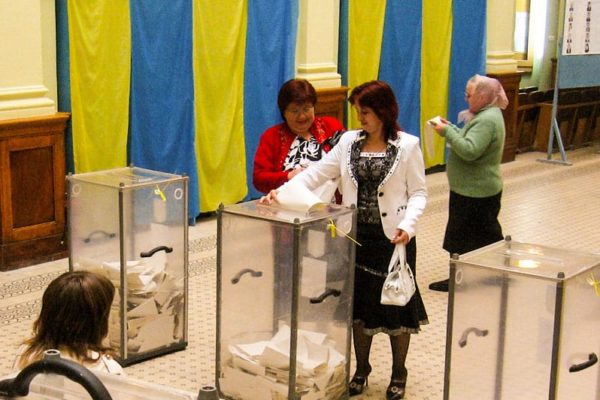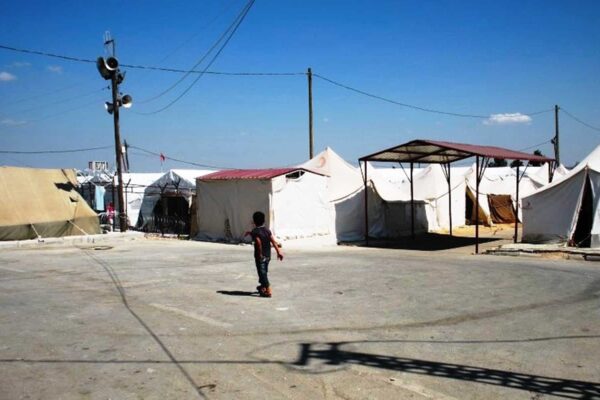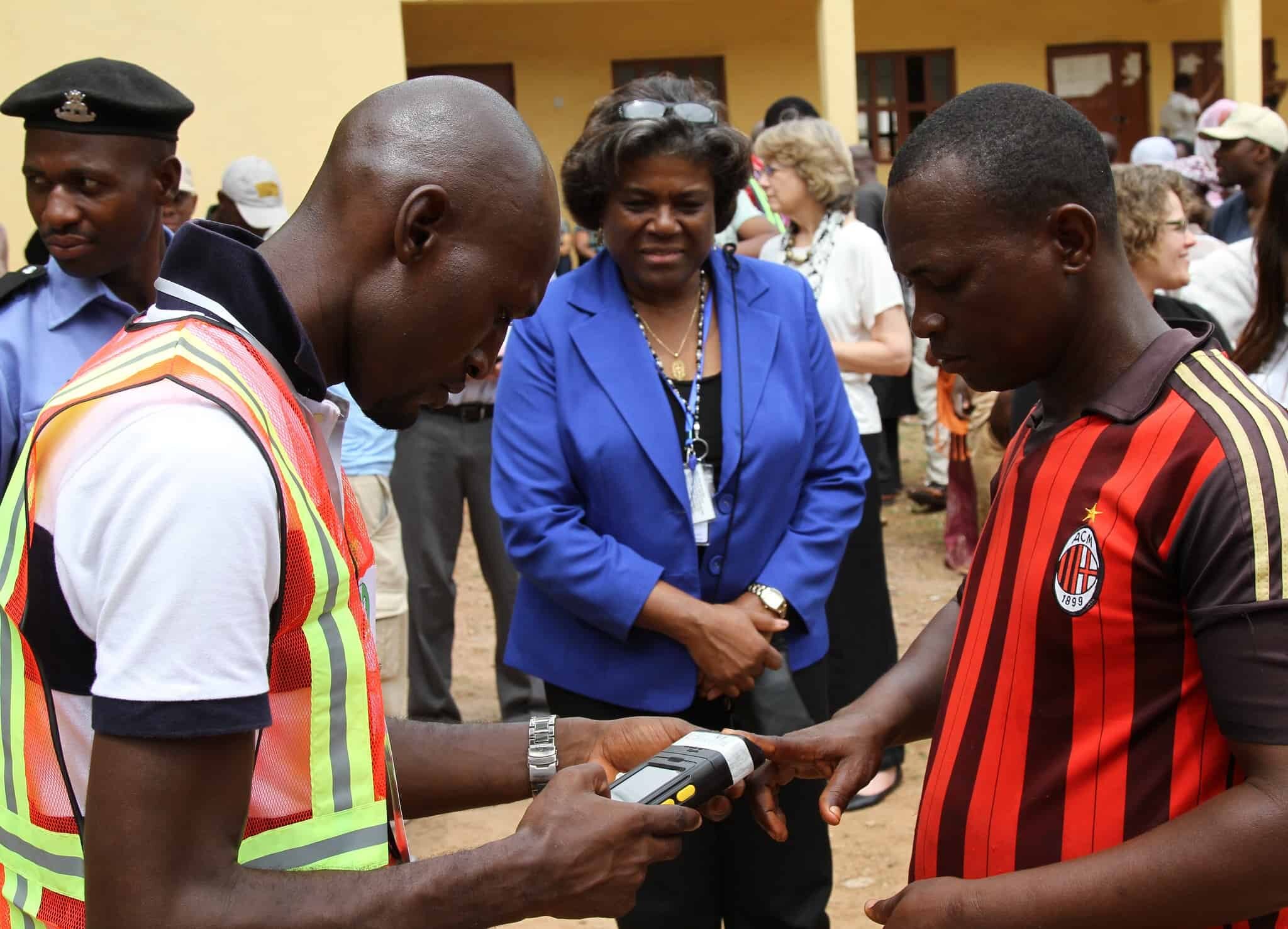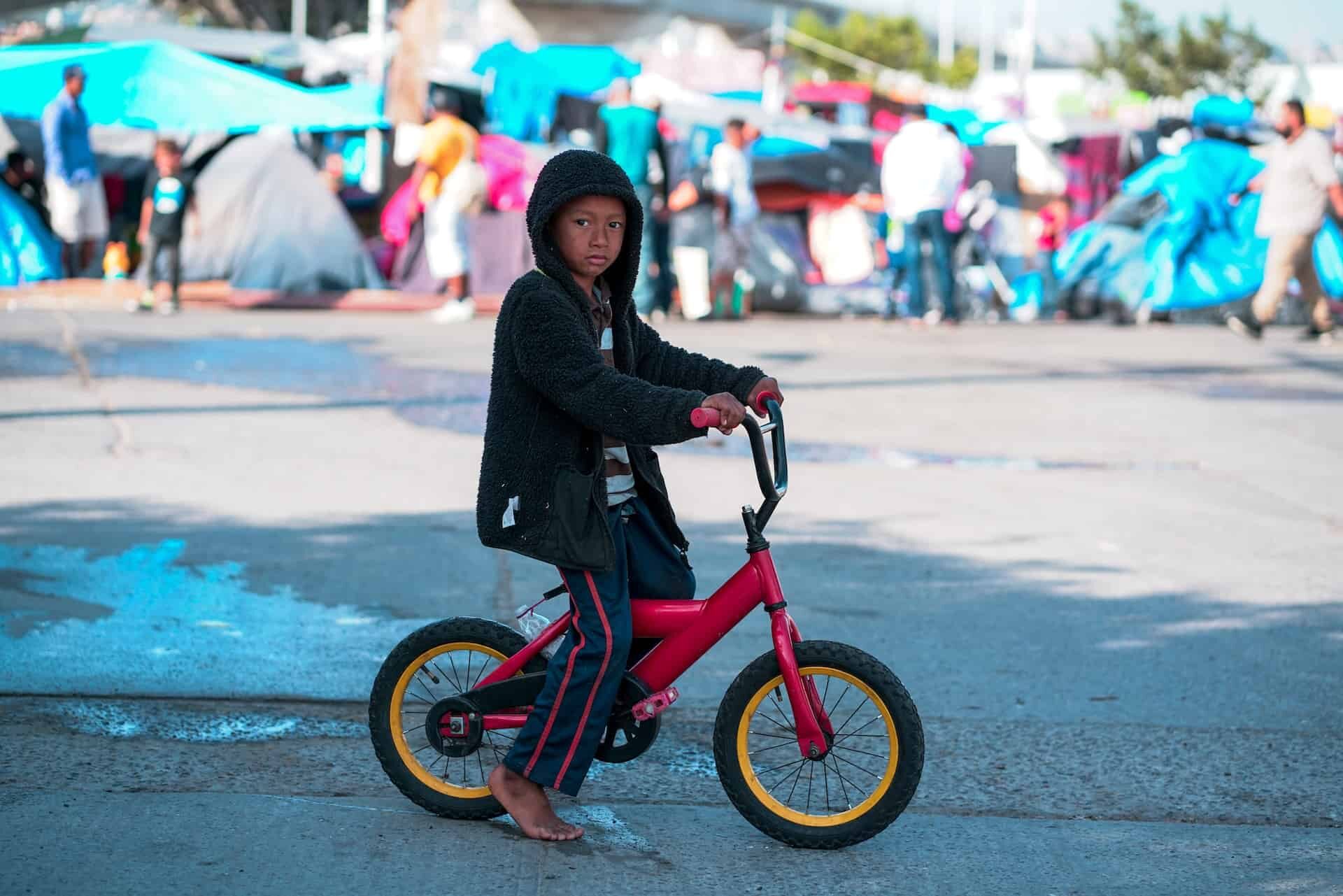
Developing Guidance to Address Gender Disparities in Forest Monitoring for State Department
CLIENT: U.S. Department of State Bureau of International Environmental and Scientific Affairs Office of Global Change
COUNTRIES: Cameroon, Central African Republic, Democratic Republic of the Congo, Republic of the Congo, Vietnam, and expanding into Latin America
PRACTICE AREA: Monitoring, Evaluation, and Learning and Water, Environment, and Climate Change
TIME PERIOD: 2023-2024
Overview
ME&A is developing evidence-based guidance to address gender disparities in forest and carbon monitoring in developing countries under a U.S. Department of State (DOS) Bureau of International Environmental and Scientific Affairs Office of Global Change (OES/EGC) task order.
DOS actively pursues gender equity and equality in climate change initiatives, particularly through programs like SilvaCarbon. SilvaCarbon, established in 2011, is an OES/EGC-supported interagency technical cooperation program involving five other federal agencies, including USAID and the U.S. Forest Service International Programs Office. Its primary goal is to enhance the capacity of countries to monitor, measure, and report on carbon in their forests. SilvaCarbon has had a notable gender imbalance despite some 1 billion women globally relying on forests for their livelihoods, contributing to household income and sustainable forest management.
Recognizing the importance of women in the field of forest and carbon monitoring, OES/EGC and supporting agencies began adjusting SilvaCarbon programming in 2019 to address challenges hindering women’s involvement. Barriers include education, hiring practices, and societal perceptions of forestry as a male-dominated field.
Activities
ME&A is conducting an ex-post evaluation of SilvaCarbon’s ongoing initiatives to improve gender-responsiveness – taking place after two to three years of implementation – to document and assess the effectiveness of these initiatives and provide evidence-based guidance for further improvement. These ongoing efforts include two major initiatives: the Women Initiative for Climate Action (WICA), a training program in several African countries, and the Women in Forest Carbon Initiative (WFCI), a mentorship program initially piloted in Vietnam, the Democratic Republic of the Congo, and Cameroon and later launched in Latin America.
ME&A is conducting evaluation in four phases over eight months. The first phase involves a desk review, collaborating with stakeholders to gather secondary data and establish the evaluation methodology. The second phase focuses on training and retention, analyzing program retention rates and conducting in-person visits to selected countries to interview participants and stakeholders. The third phase involves assessing post-training results, documenting program outcomes and impacts for women who completed training. The final phase, sustainability and replicability, involves analyzing data and developing recommendations for future gender-responsive programming.
Throughout the evaluation, ME&A is using a mixed-methods combining quantitative data analysis with qualitative methods, such as key informant interviews, focus group discussions, and online surveys. The goal is to provide a comprehensive understanding of the success and challenges of SilvaCarbon’s gender-responsiveness initiatives, informing future strategies for inclusive programming that considers not only gender but also other disenfranchised groups, such as youth and indigenous communities.
The OES/EGC manages and implements the United States’ international climate change policy. The OES/EGC also represents the United States in climate change negotiations at the United Nations Framework Convention on Climate Change (UNFCCC) and other international forums.
Funding
The evaluation is a task order under a U.S. Department of State Performance Management and Evaluation Services Indefinite Delivery Indefinite Quantity (IDIQ) contract to provide monitoring and evaluation services to regional, functional, and management bureaus at headquarters and overseas. ME&A is the prime contractor on two U.S. Department of State IDIQs covering two Functional Areas: Civilian Security, Rights and Stability, and Management Platform.


